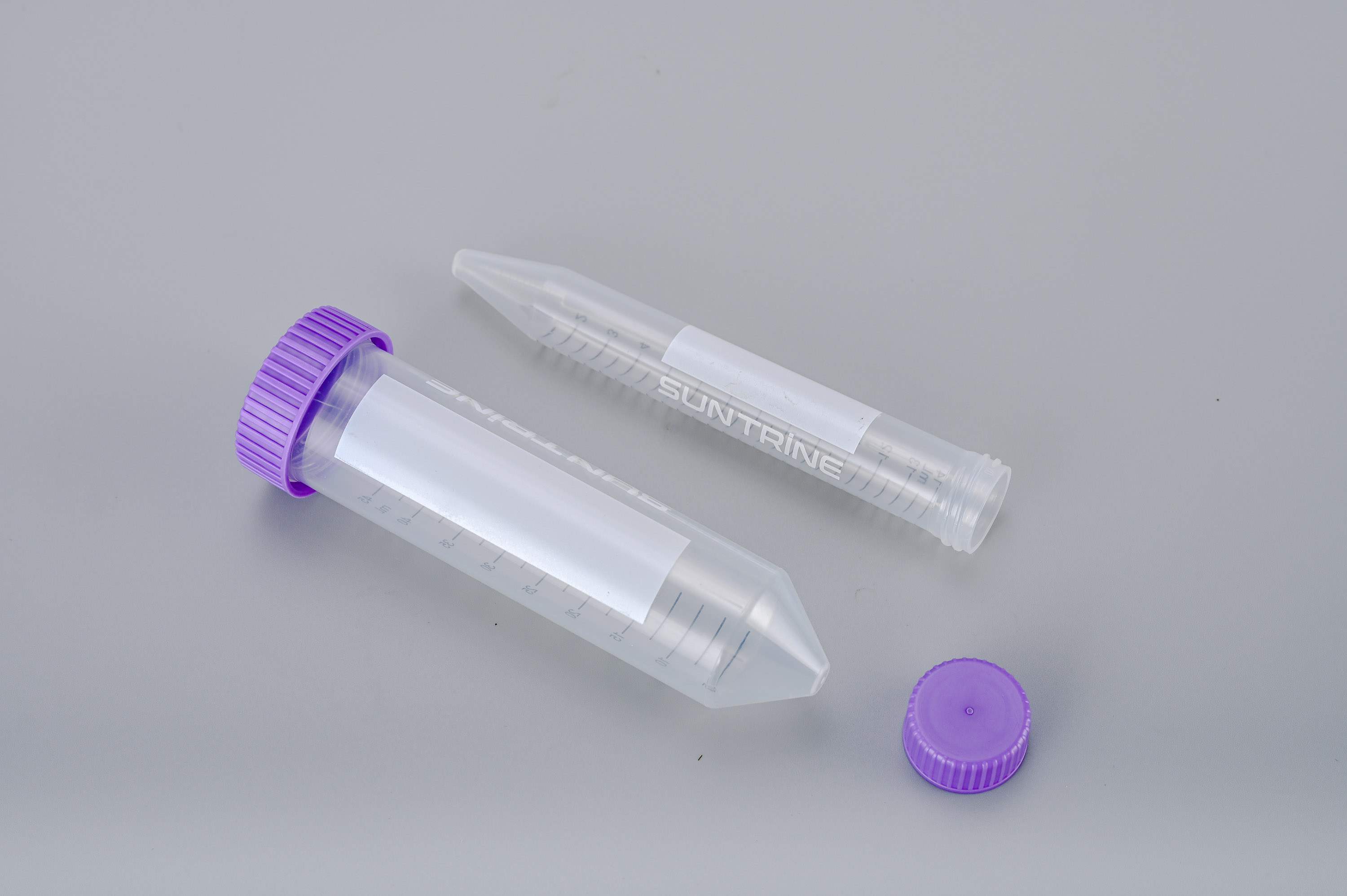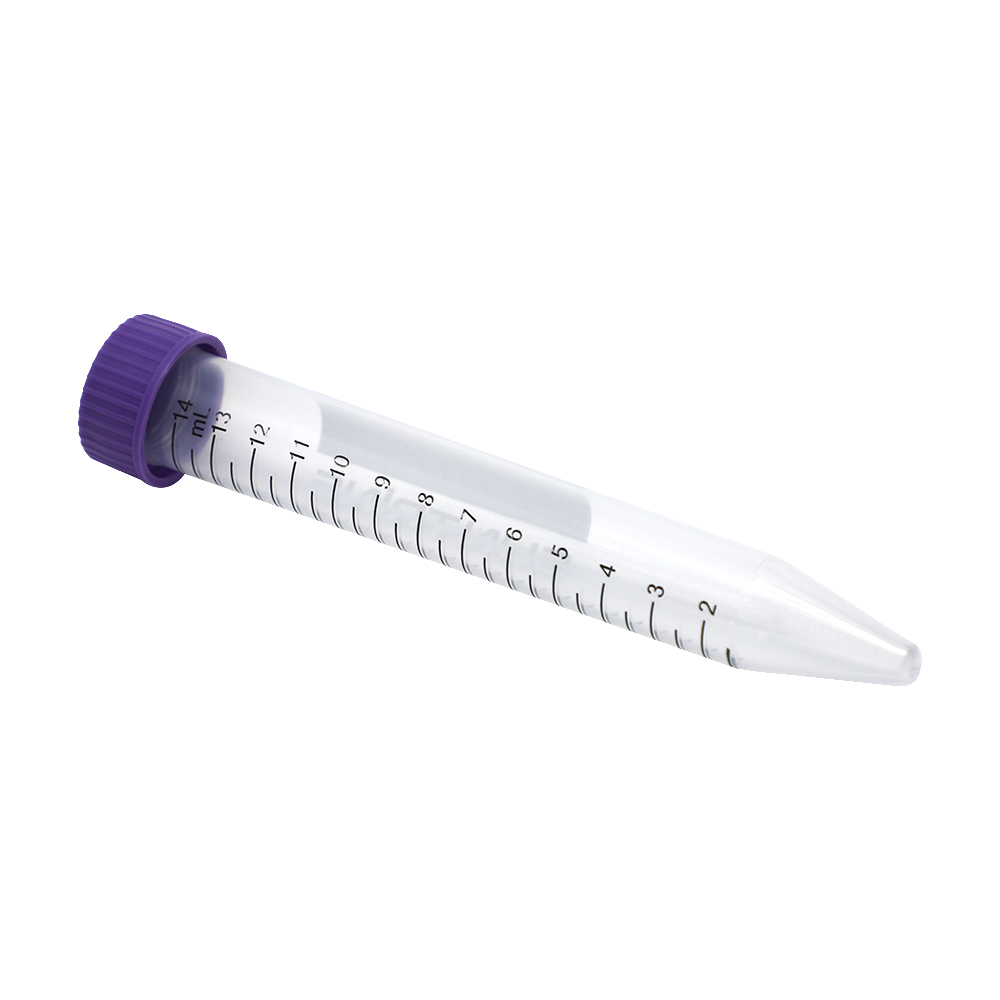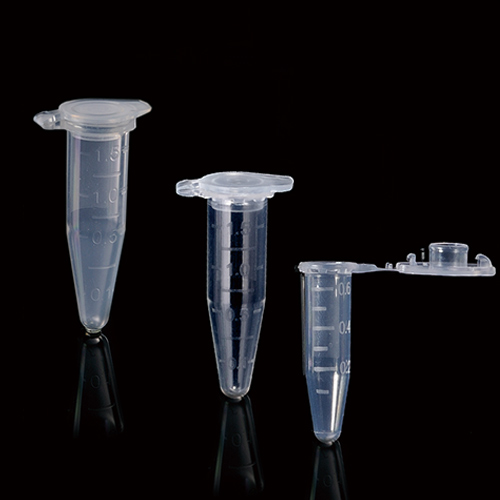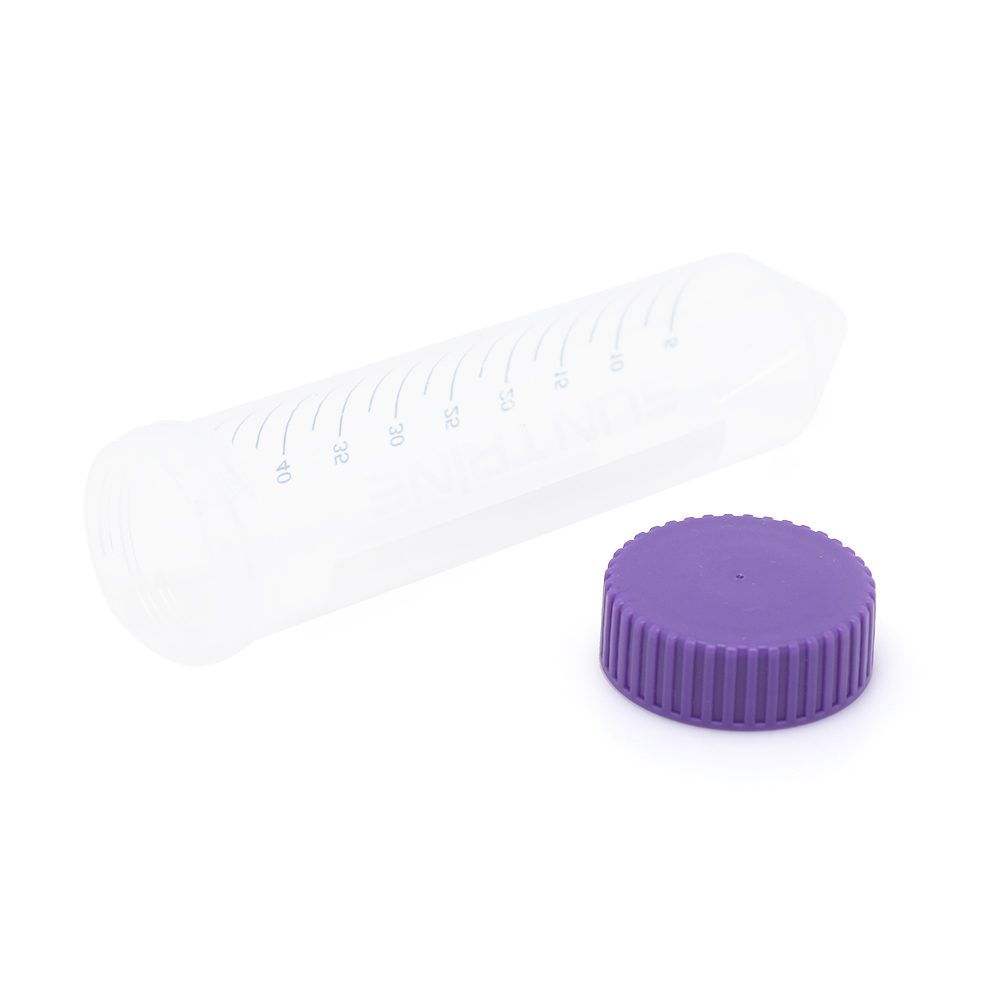1. The Importance of Centrifuge Tubes
Centrifuge tubes play a crucial role in many scientific and medical research fields. They are primarily used in centrifugation, a process that applies centrifugal force to separate substances based on their density. This technique is widely employed in areas such as molecular biology, biochemistry, clinical diagnostics, and pharmaceutical research.
2. Types of Centrifuge Tubes
There are several types of centrifuge tubes available, each designed for specific applications. The most common types include conical-bottom tubes, round-bottom tubes, and self-standing tubes. Conical-bottom tubes are ideal for pelleting applications, while round-bottom tubes are suitable for general centrifugation. Self-standing tubes have a flat bottom and can stand upright without the need for additional support.
3. Material Considerations
Centrifuge tubes are typically made of either plastic or glass. Plastic tubes are lightweight, disposable, and resistant to breakage, making them suitable for routine laboratory work. Glass tubes, on the other hand, are more durable and can withstand higher temperatures and chemical exposure. The choice between plastic and glass tubes depends on the specific requirements of your experiments.
4. Tube Capacity and Graduations
Centrifuge tubes come in various sizes, ranging from microcentrifuge tubes with capacities as low as 0.2 mL to larger tubes with capacities of up to 50 mL or more. It is important to select a tube size that matches the volume of your sample. Additionally, many tubes feature graduations, which allow for accurate measurement of liquid volumes.
5. Sealing Options
Proper sealing of centrifuge tubes is crucial to prevent sample contamination and leakage during centrifugation. Tubes can be sealed using various methods, including screw caps, snap caps, and plug-style caps. Screw caps provide a secure and leak-proof seal, while snap caps offer quick and easy access to the sample. Plug-style caps are commonly used for airtight sealing during long-term storage.
6. Specialized Centrifuge Tubes
In addition to the standard centrifuge tubes, there are specialized tubes available for specific applications. These include PCR tubes for polymerase chain reaction, cryogenic tubes for low-temperature storage, and ultracentrifuge tubes for high-speed centrifugation. These specialized tubes are designed to withstand extreme temperatures, pressures, and forces, ensuring reliable and accurate results.
7. Factors to Consider When Choosing Centrifuge Tubes
When selecting centrifuge tubes, several factors should be taken into consideration. These include the compatibility of the tube material with the sample and the centrifugation conditions, the required tube capacity, the sealing mechanism, and any specific requirements for the experiment or analysis. It is important to choose tubes that meet these criteria to ensure optimal performance and accurate results.
Related Products




